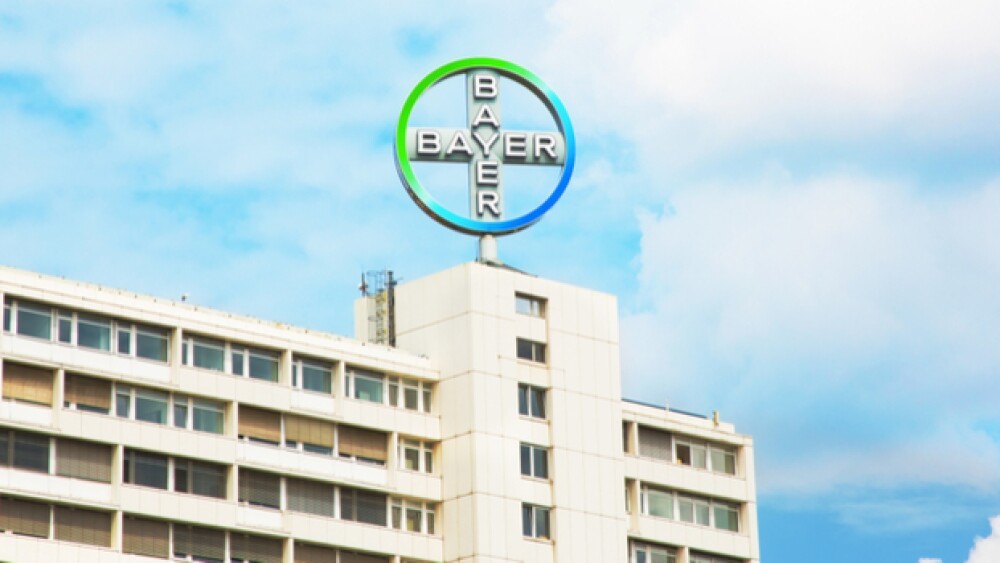Bayer plans to build a Cell Culture Technology Center in Berkeley, Calif., investing $150 million in the project. The center will focus on developing biologics, an area where Bayer lags behind its competitors.
LUMIKK555 / Shutterstock.com
Bayer plans to build a Cell Culture Technology Center in Berkeley, Calif., investing $150 million in the project. The center will focus on developing biologics, an area where Bayer lags behind its competitors.
“Bayer is deeply committed to bringing innovative medicines to market that provide significant patient benefit,” stated Wolfram Carius, executive vice president and Head of Bayer Pharmaceuticals Product Supply. “This investment allows Bayer to expand our biologics development and launch capabilities, as we advance our R&D programs internally and through strategic collaborations. We are especially proud to bring this investment to Berkeley, where Bayer has been for many years, and to the greater San Francisco Bay Area, the birthplace of biotechnology and a global epicenter of drug development innovation.”
The facility will be constructed on Bayer’s existing campus in Bayer, where its manufacturing plant that makes its Factor VIII hemophilia A treatments. The new Cell Culture Technology Center will be 40,000 square feet and is expected to open for clinical production in late 2021.
The company recently reorganized, resulting in plans to lay off 12,000 people globally and close a manufacturing site in Germany. At the Berkeley site alone, 400 jobs were eliminated last year.
Bayer indicates that its decision to consolidate its hemophilia manufacturing in Berkeley will help it to sign new drug-development deals with companies needing to move a drug from clinical trials into commercialization quickly. Bayer indicates they believe half of its new-drug pipeline will come from outside collaborations.
Partnerships are critical for us,” Judy Chou, senior vice president and Global Head of Bayer Biotech and head of Bayer’s Berkeley site, told the San Francisco Business Times. “This allows us to partner with other biotech companies and offer that skill set.”
Robert LaCaze, head of Oncology for Bayer, told the Times, “When you do a Phase III for a biologic, you don’t know if it’s going to be successful. When do you invest in scale-up and how much do you put at risk? This allows us to manufacture clinical supplies and the early stages of clinical launch without putting a lot of money at risk and not delay the product.”
Bayer’s West Coast presence includes the Berkeley site as well as the Innovation Center in San Francisco, which also hosts the first CoLaborator, a life science start-up incubator.
The new Berkeley facility will be designed and built by Fluor. GE Healthcare has been chosen to integrate its FlexFactory technology platform. GE Healthcare will also supply all major unit operations, systems and ancillary equipment.
Fluor Corporation has headquarters in Irving, Texas. Its San Francisco office will head the project with support from its offices in South Carolina and Poland.
“Bayer’s Cell Center Technology Center will combine automation, digital capabilities and single-use bioprocessing technologies to streamline production to allow us to bring new medicines to patients faster,” stated Chou. “We’ve chosen to partner with Fluor and GE Healthcare on the Cell Culture Technology Center to leverage their expertise in designing flexible, scalable facilities for the future.”





